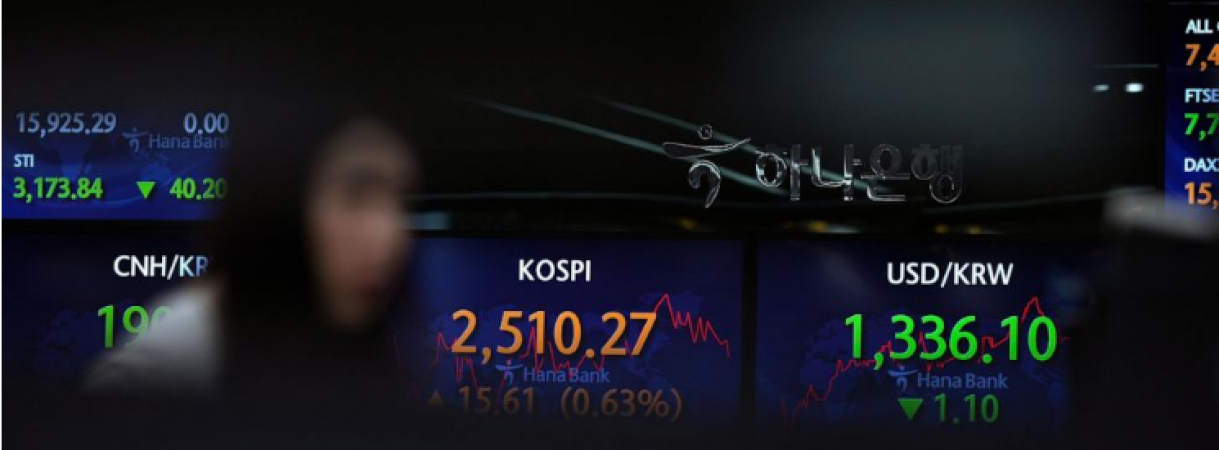
Beijing: In hopes that American political leaders can come to an agreement to prevent a potentially disastrous default on government debt, Asian stock markets rose alongside Wall Street on Thursday.
Tokyo, Hong Kong, Shanghai, and Sydney made progress. Prices for oil dipped a bit.
In spite of Republican demands for reductions in aid to poor families to pay for food, medical care, and rent in exchange for increasing the amount the government can borrow, President Joe Biden's statement that "America will not default" sparked a rally on Wall Street on Wednesday.
Also Read: India internet retailing to reach USD 60-bn GMV by 2020
According to Clifford Bennett of ACY Securities, "markets are fully pricing an in-time resolution of the crisis" in a report. "No one wants to sell before a deal is announced as having been reached."
The two sides are far apart, but a deal could be reached by the end of the week, according to House Speaker Kevin McCarthy on Tuesday. If a borrowing limit increase is not reached by June 1st, the US government will run out of money.
Any change to how the United States government borrows money and pays its debts could have a profound impact on the world financial system. The cost of borrowing for the private sector is influenced by Treasury debt, which is thought to be the safest asset in the world.
Also Read: Sterling continues to decline following Bailey's speech
The Nikkei 225 in Tokyo increased 1.6% to 30,562.40, while the Shanghai Composite Index rose 0.8% to 3,311.09. Hong Kong's Hang Seng increased 1% to 19,746.90.
Seoul's Kospi increased by 0.7% to 2,513.72, and Sydney's S&P-ASX 200 increased by 0.5% to 7,236.30.
The Sensex in India started the day up 0.3% at 61,738.58. Markets in Southeast Asia and New Zealand also increased.
The benchmark S&P 500 index on Wall Street increased 1.2% on Wednesday to reach 4,158.77.
To 33,420.77, the Dow Jones Industrial Average increased 1.2%. To 12,500.57, the Nasdaq composite increased 1.3%.
Stocks of businesses that depend heavily on the federal government for revenue, and may stand to lose a lot if it is unable to pay its obligations, increased on Wednesday. Lockheed Martin, a defence contractor, increased 2.1%. Northrop Grumman saw a 2.7% increase.
The Republican demands for cuts, restraints on spending growth, or work requirements for social programmes are the subject of a dispute between congressional negotiators and the White House. In addition to repealing tax incentives intended to encourage the use of clean energy and combat climate change, the Republican plan would prevent Biden's proposal to forgive some student debts.
In the wake of interest rate increases to control persistently high inflation by slowing business activity, traders already anticipated at least a brief U.S. recession this year.
Following three highly publicised failures in the United States and one in Switzerland, investors are also concerned about the health of international banks. The unexpectedly swift rise in interest rates has put pressure on banks and resulted in a decline in the market value of the bonds they hold.
After providing an update on its deposit levels on Wednesday, Western Alliance Bancorp was able to partially recoup its losses. Despite the 10.2% increase, it is still down 41.6% for the year.
Also Read: FTA negotiation between India and EU is in progress: Goyal
Another bank that is being closely watched, PacWest Bancorp, increased 21.7%, bringing its annual loss down to about 75.8%.
On the New York Mercantile Exchange's electronic trading platform, benchmark U.S. crude lost 24 cents to trade at $72.59 per barrel in the energy sector. On Wednesday, the deal increased $1.97 to reach $72.83.
The benchmark price for global oil trading, Brent crude, dropped 24 cents to $76.72 per barrel in London. In the prior session, it increased $2.05 to reach $76.96. From 137.61 yen on Wednesday, the dollar dropped to 137.56 yen. From $1.0838 to $1.0830, the euro declined